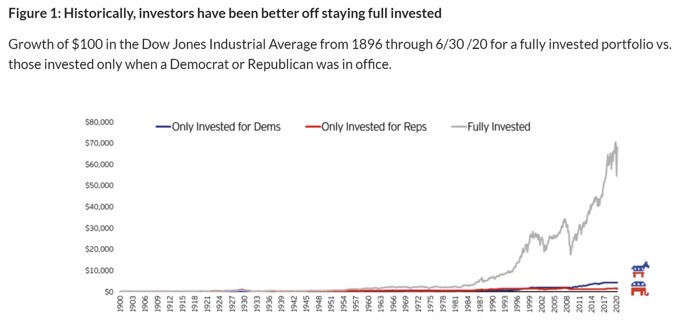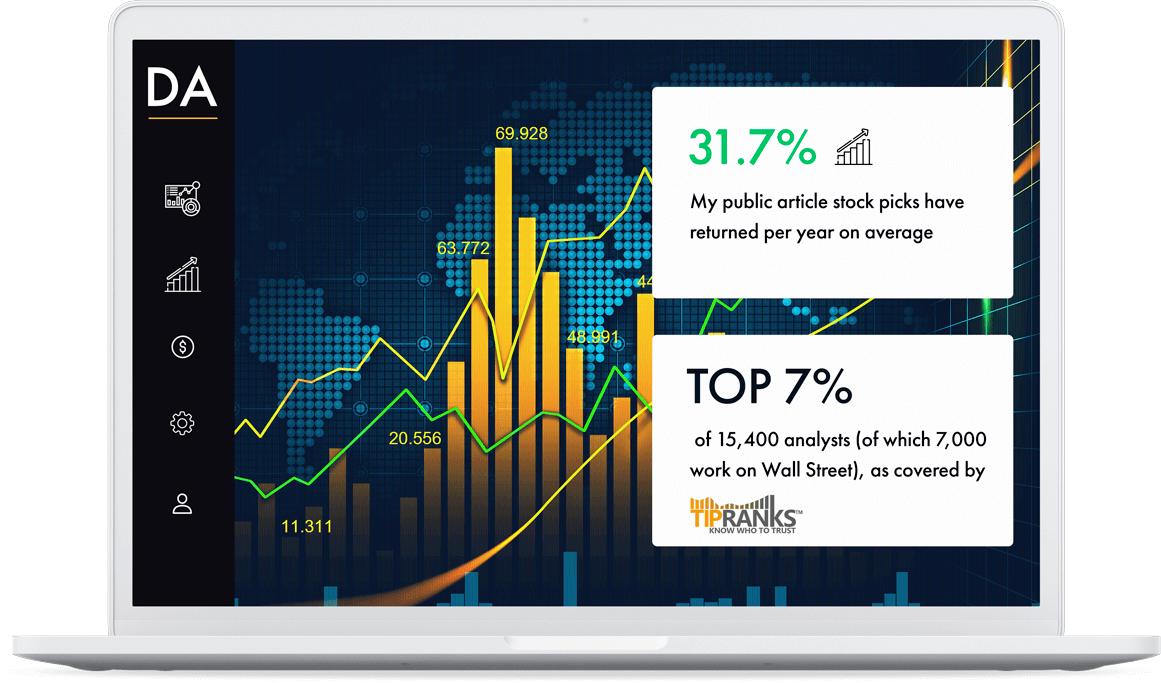There is a lot of noise surrounding the financial markets right now. The CoVid situation, the impact of the upcoming U.S elections and the FED’s recent actions have filled the news lately. Whilst some of those things will impact businesses, a lot of that information is irrelevant to my long-term investing success. In this article I break down the 3 things you must know about the current stock market conditions in easily understandable terms.
Earnings vs Valuation
In the post-CoVid market, we are looking at a strange situation.
The S&P500 earnings are projected to decline by -19% in 2020.
Yet, the stock prices have shot up and now trade at much higher valuations than historical averages.
The current blended P/E ratio stands at 23.3, compared to the market’s 20-yr historical average of 17.5
If the market were to return to the 20- year average valuation it would mean a -25% drop from current levels.
However, the S&P500 is not as diversified as you might think.
The top 5 companies in the index (MSFT, AAPL, AMZN, FB, GOOGL) make up roughly 20% of the total index.
This means that the whole index and it’s movements are largely dominated by those 5 companies.
Those companies do well – index moves up
They struggle – index drops.
Whilst those are all great companies in their own right, a bet on S&P500 now is a bet on select U.S tech companies – not on the broader economy.
On the flip side, there is ample opportunity in the market regardless of the index overvaluation.
After all, the stock market is just a market where ownership of companies is exchanged.
There are many strong companies still trading at attractive valuations.
Those are the ones I am buying for my personal portfolio.
Politics
The U.S presidential and congressional election coming up is the big talking point right now.
As we can see on the graph below, investing based on the political situation has been a terrible idea.

However, there are some implications to businesses that have been mentioned in the run-up.
Joe Biden’s proposed tax policy would increase corporate taxes and therefore reduce margins for companies. It would also raise capital gains tax on wealthy individuals, which might make them more inclined to sell.
On the other side, the market might like the democrat spending plans which would likely mean more stimulus and borrowing (although that means even bigger fiscal deficits).
It’s impossible to clearly know the impact of the election results.
And as history has shown us – it’s likely irrelevant over the long term.
Federal Reserve and Inflation
You probably keep hearing about the Federal Reserve or FED.
The U.S central bank has a few main goals:
- Maximum employment
- Stable prices
Its main tool for changing the monetary policy is by raising or lowering interest rates – the cost of borrowing money.
Investors equally blame their poor investing performance on the FED or criticise whatever path the FED is currently taking.
Federal Reserve is grossly oversimplified as a “money printer” by many people.
The FED’s role in monetary policy is much more complex than simply printing money. I would strongly suggest reading this thread by Cullen Roche, if you want to develop a good understanding on the FED and many myths surrounding it.
The latest policy change from the FED does impact investors over the next few years.
One of the FED’s goals is to manage inflation.
The set inflation goal has been 2% per year.
However, inflation as measured by the CPI has been running below that figure for a while.
The Federal Reserve recently announced that it’s now aiming for 2% inflation ON AVERAGE.
This means they are prepared for inflation to run above the 2% threshold without raising interest rates – as long as it averages 2% over time.
The main takeaway is this – interest rates are set to stay close to 0% in the near future.
This is bad news for savers and bondholders.
As an equity investor, I expect businesses to benefit from this low interest-rate environment and my investments to protect me from possible inflation.
For example, I expect REITs to do very well in this environment for two reasons:
- Yield-starved bond investors will look for alternative higher-yielding investments such as REITs
- Lower interest rates mean lower cap rates – increased demand for properties and elevated prices.
Summary
Monetary and fiscal policies have an impact on the stock market and the economy as a whole. But it’s near-impossible to know exactly how that will play out.
For example, you currently have equally brilliant minds arguing on totally opposite ends of the U.S dollar situation. Nobody knows with certainty what will happen on the political front either.
As individual investors, we have a great advantage.
We care about our long-term investing goals and don’t have to justify our short-term investing performance to anyone.
By focusing on businesses based on their operating performance, we can invest with the information we have and still do very well.
After all, the political and economical backdrop is ever-changing, but my money (literally!) is on great businesses performing well over time regardless of those factors.
Disclaimer: This is NOT a recommendation to buy or sell any shares or to follow a particular investing strategy. You can lose a part of or all your invested capital.I am not responsible for the accuracy of any of the figures presented in the article. I am not a financial professional of any kind. Any stock transactions or analysis published should NOT be considered to be investing recommendations. Before making any investing or financial decisions, contact an appropriate professional.This website should be viewed for entertainment purposes only.









